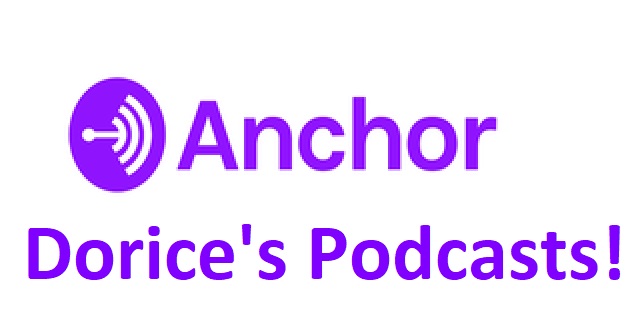Moments of the Heart
Four Relationships Everyone Should Have to Live Wholeheartedly

Non-Fiction Author's Association
International Book Awards/American Book Fest
Book Reviews & Award Contest
A Transformative Story
The chambers of this book have several entries, each introducing topics as they relate to Jewish thought and practice. These entries utilize Hebrew knowledge to dig deep, explore, and bring light to a concept. The book is enriched by word play and explanations of Hebrew roots.
At the end of each entry, a “Lev Moment” opportunity is introduced, where tools are offered to further explore your own experiences and thoughts.
Moments of the Heart was created because of a broken heart. It is now published with a healed heart. May this book strengthen and sustain your own heart.

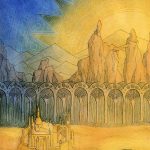
Rabbi Joseph Telushkin
Rabbi & Scholar
“The book is very powerful and very beautiful. What I have read is passionate, very spiritual, and well-reasoned, three things that don’t always go together. I love your analysis of the word matzpun and its variety of related meanings, and I was profoundly moved by the journey you took and how you came to write this book. Kol Ha-Kavod.”
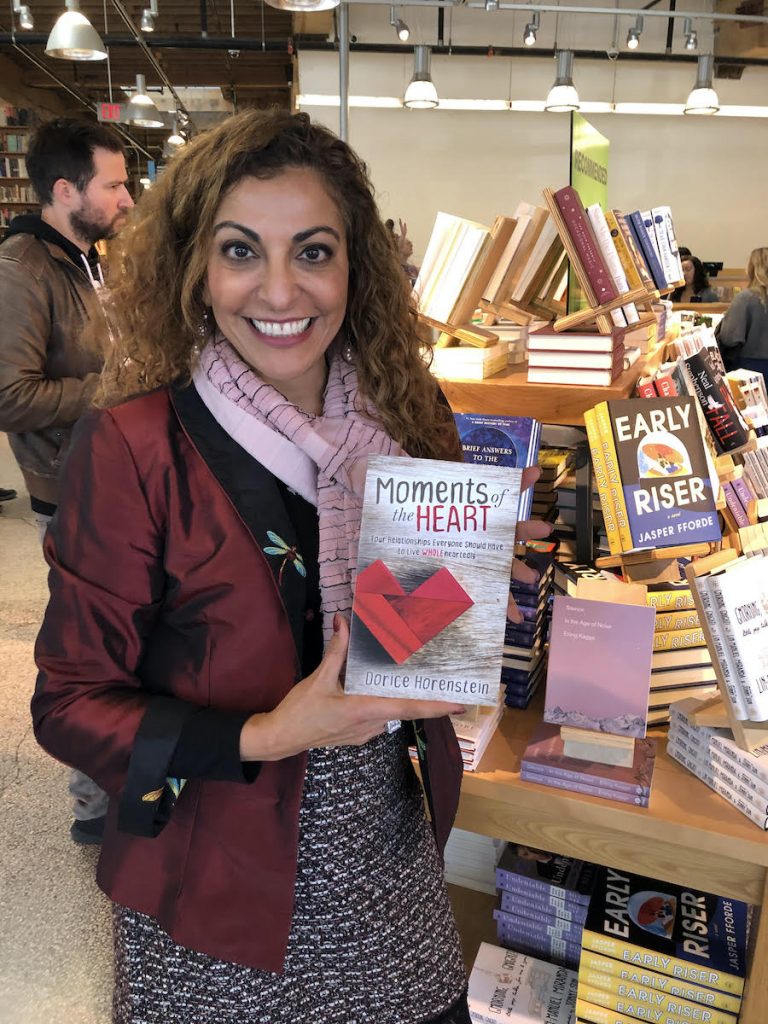
About the Author
“My heart exploded while reading this book. It took so long to write my review because I paused, reflected, and absorbed each question, each word, each thought. What a spiritual, enlightened and beautiful experience.”

Anonymous
Amazon Review

Rabbi Joshua Stampfer
Rabbi Emeritus, Neveh Shalom
“I highly recommend this book for anyone seeking guidance and direction for improving one’s life by drawing on the wisdom found in the great texts of Judaism. This is a very thoughtful and insightful work of an Israeli-American which speaks directly from the heart.”
“This book is a beautiful balance between simplicity, wisdom, clarity, and joy. It touches the reader’s heart with humor and dare I say, love. Aspects of mystical Judaism along with inviting questions provide moments of reflection that slowly take the reader on a journey inward. Written in a lighthearted manner, the reader is taken on a journey examining their own life and discovering lessons learned and further ways of living a life “fully alive” and from the heart. An absolute delight!”
Lisa B.
Amazon Review
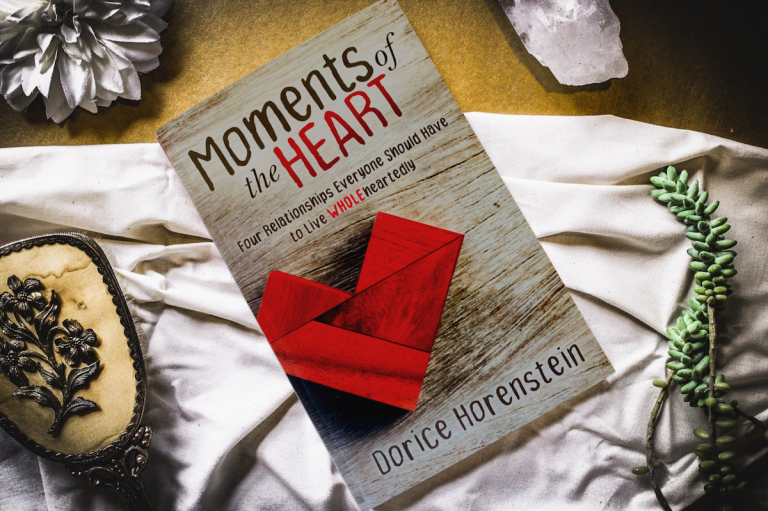


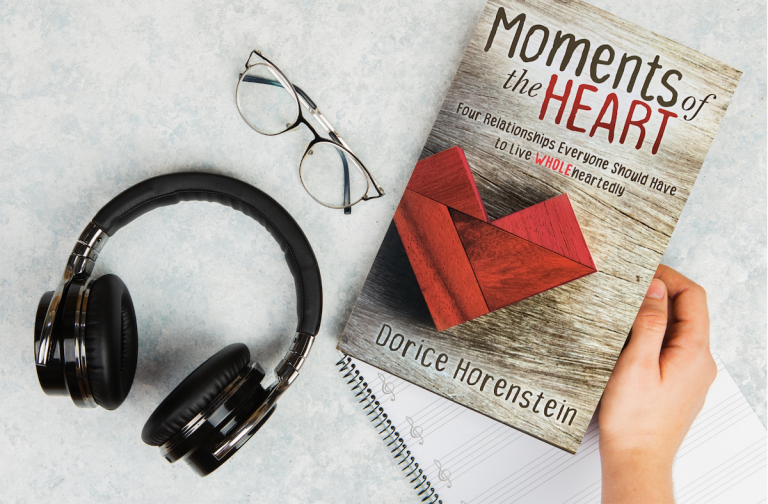

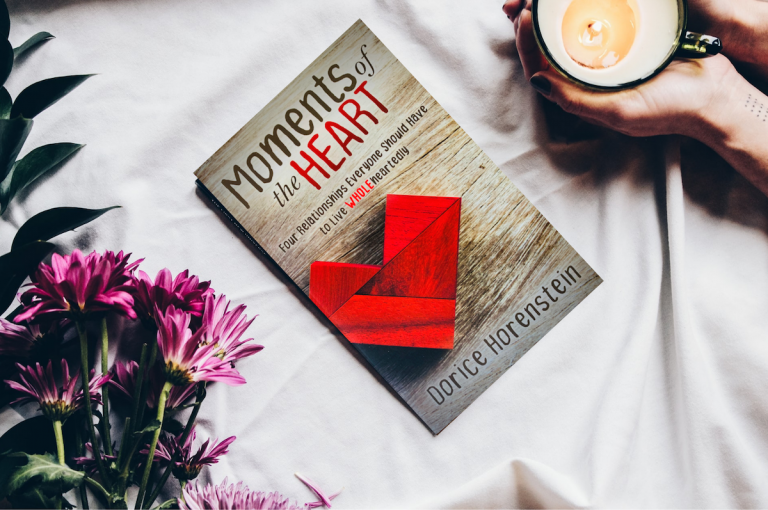

From the book: Read An Excerpt
Where Are You Going? Where Am I Going?
Chamber 1: Relationship with Self
I am always fascinated at how the Hebrew language conveys more meaning than meets the eye. The Hebrew language is a root-based language, meaning all words in the Hebrew language are mostly constructed using three main consonants. Since there are a finite numbers of roots, there are, therefore, many words that share the same roots. This means that words may be connected in a particular way.
Let’s take, for example, the word conscience. In Hebrew, the word is matzpoon, written in Hebrew as מצפון. There is another word that shares the same root of three letters: tzadik, pay, nun (צ.פ.נ); that second word is matzpen (מצפן), which means “compass.” So, the Hebrew language is teaching us something very special.
What is a conscience? It is that inner voice or feeling telling us the direction of where we want to go, i.e., the difference between right and wrong. I truly believe that human beings are born with this ability, the ability to know intuitively where they need to go, both spiritually and physically. Often, Jewish writings indicate that if you really listen to what your conscience whispers, you will know the correct next step to take.
Although in English these two words conscience and compass have nothing in common (at least not in their spelling), in Hebrew they are very much interrelated. By using our matzpen, or compass, we can know the direction of where we are going, and if we follow our matzpoon, or conscience, we will get there with no regrets.
Wait, there is more! This three-letter root also makes up the word that means “hidden,” tzafoon! What does this all mean? What do these words have in common: conscience, compass, and hidden? Consider this: sometimes our conscience is hidden from us and sometimes where we need to go is hidden from us. Knowledge of having these three Hebrew words connected means that we need to work hard to uncover what is hidden in our lives and then bring this discovery to the surface so it can guide us
© All rights reserved. Jewish Education Services, LLC. 2018
Made by Ilana Cloud

